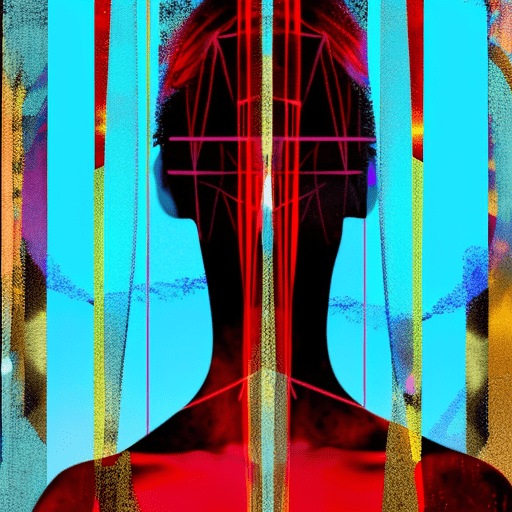One-line Summary:
In “Mirror Dance,” the ninth installment of the Vorkosigan Saga by Lois McMaster Bujold, Miles Vorkosigan’s clone brother, Mark, takes center stage as he navigates a dangerous rescue mission, identity struggles, and the complexities of family loyalty.
The Rescue Mission:
Mark Vorkosigan, the clone brother of the charismatic and physically disabled Miles Vorkosigan, finds himself thrust into the role of hero when he attempts to rescue Miles from a terrorist group known as the Dendarii Mercenaries. Mark’s plan involves impersonating Miles and infiltrating the group, but things quickly spiral out of control when he is captured and forced to confront his own identity crisis. As Mark fights to survive and protect the people he cares about, he must grapple with the question of who he truly is and what it means to be a Vorkosigan.
Identity Struggles:
Throughout “Mirror Dance,” Mark struggles with his own sense of self and the expectations placed upon him as a clone. Raised in a secret laboratory, Mark has always felt like a shadow of his brother, Miles. However, as he faces life-or-death situations and forms connections with the people around him, Mark begins to discover his own unique strengths and identity. Bujold skillfully explores the themes of self-discovery and the search for belonging, highlighting the complexities of identity and the power of individual agency.
Complexities of Family Loyalty:
Family loyalty is a central theme in “Mirror Dance,” as Mark grapples with his complicated relationship with Miles and the rest of the Vorkosigan family. Mark’s journey forces him to confront his feelings of resentment and inadequacy, ultimately leading to a deeper understanding of the bonds that tie them together. Bujold delves into the complexities of familial love and the ways in which it can both support and hinder personal growth. The Vorkosigan family’s dynamics serve as a backdrop for exploring themes of forgiveness, acceptance, and the enduring power of unconditional love.
- Key Takeaways:
- Identity is not defined solely by genetics or external expectations, but by individual experiences and choices.
- Familial love can be both a source of strength and a hindrance to personal growth, requiring forgiveness and acceptance.
- Self-discovery and the search for belonging are ongoing processes that require introspection and the willingness to embrace change.
“You have to be a little bit crazy to stay sane in this world.”
In “Mirror Dance,” Lois McMaster Bujold weaves a compelling tale of adventure, self-discovery, and the complexities of family loyalty. Through Mark Vorkosigan’s journey, readers are invited to explore themes of identity, belonging, and the power of individual agency. With its well-crafted characters and thought-provoking narrative, “Mirror Dance” is a worthy addition to the Vorkosigan Saga and a testament to Bujold’s skill as a storyteller.












